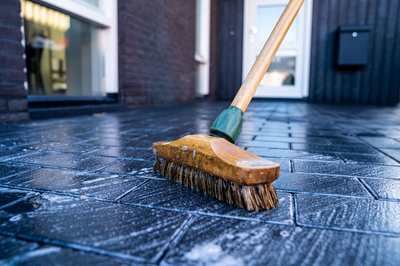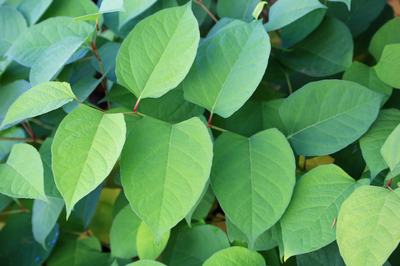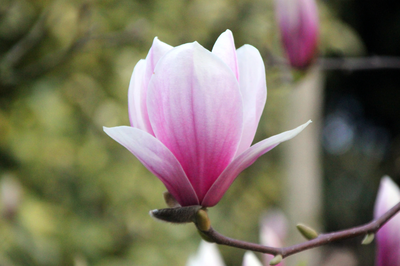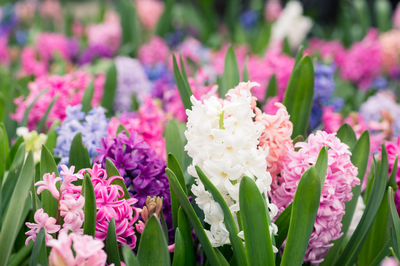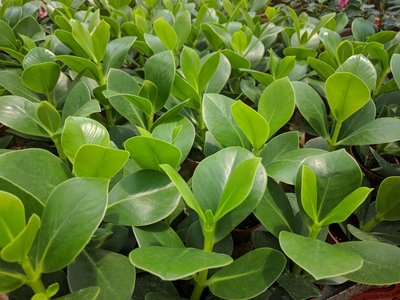
Clusia rosea is called the autograph plant because its leaves are so thick and tough that it’s possible to carve your name in them without harming the plant, although this isn’t recommended as good plant care! The big, glossy green leaves give this attractive houseplant a stylish air that goes well with clean lines and contemporary décor. Clusia rosea does very occasionally flower in hot summers, producing pink or white flowers, but it’s the foliage that’s the main attraction.
About the autograph plant
Clusia rosea comes from the Caribbean. In its native environment, it is a vigorous and sometimes even an invasive plant, eventually growing into a tree with spreading branches. Fortunately, grown as a houseplant in colder climates, its invasive tendencies are not a problem!
How to grow Clusia rosea
Being a tropical plant, Clusia rosea likes warm temperatures, always above 10°C (50°F) and ideally between 16-29°C (61-84°F). When grown indoors as a houseplant, it does best in a bright location with indirect light. Keep it away from pets and small children, as all plant parts are toxic if eaten.
Plant Clusia rosea in a fertile, well-drained potting compost. It’s recommended that you mix some orchid compost with the potting compost to achieve the required soil structure.
The autograph plant is fairly drought tolerant and will survive a bit of neglect, but ideally, water it regularly during the growing season from spring to autumn, just allowing the compost's surface to dry out between waterings. Never leave the pot sitting in water for long periods, as the roots will rot if they have to sit in waterlogged compost. Water the plant less frequently in winter; 2-3 times a month should be adequate.
Feed monthly from spring to autumn with a diluted balanced liquid houseplant fertilizer.
Clusia rosea is a fast-growing plant, so that it will need re-potting every couple of years. The sap can irritate the skin, so wear gloves when working with it.
How to create a humid environment for houseplants
Like most tropical plants, the autograph plant likes to be in an environment with high humidity. To create a suitable atmosphere in your home, try these tips:
- Stand the plant in its pot on a tray filled with pebbles, and add water to the tray so that the pebbles are not quite covered. As the water evaporates, it will raise the humidity level around the plant.
- Grouping plants together will create a microclimate with higher humidity around the plants.
- Misting plant leaves with a hand mister will raise humidity levels for a short period.
- Some rooms in the home naturally have higher humidity levels, for example, bathrooms and kitchens. Humidity-loving plants like Clusia rosea do well in these rooms.
If you’re looking for a plant to add to your houseplant collection, visit our centre, where we have a wide range of beautiful plants to suit every home.

